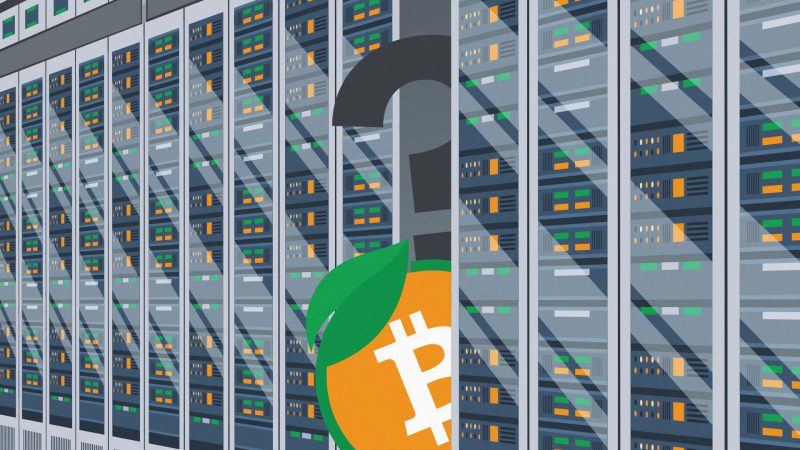North Dakota enters the ring with a new slogan, “cleanest crypto on the planet,” to lure investors and miners from other states.
The North Dakota commerce department had one primary motive while attending the Bitcoin Conference of 2022. That was to yield a return of 20,000% or higher from the Miami conference. The department spent $35,000 on the Miami conference trip to have a conversation with the big shots and investors in the world of digital assets.
North Dakota’s green and clean land
The North Dakota commerce department has dropped a $3 billion investment to develop its crypto ecosystem. It is also expecting to welcome projects estimated to be worth another $3 billion. Cheap electricity, cold and dry weather are the primary factors attracting various data centers to North Dakota.
The government has trumpeted the state as a growing and emerging hub for energy-intensive server farms, including cryptocurrency mining farms.
The much broader approach to widening the cryptocurrency sector is the state’s vision to reduce the dependency of the economy on commodity markets like agriculture and oil.
Gov. Doug Burgum and two Montana corporations revealed a mammoth $1.9 billion data center near Williston in January, claiming it to be the world’s largest of its type. The state’s push to lure more cryptocurrency investment also worries some, as one state energy official said: “he is wary of the trade-offs that more data centers could require.”
The department also said that it is eyeing doubling the $3 billion crypto investment. North Dakota Transmission Authority Director John Weeda cleared that he has mixed emotions regarding the expanding data centers in North Dakota. This is mainly because of the energy-centric crypto mining that might impact the state.
He also said that the state has a limited supply of round-the-clock electricity generation, which might pose a threat in the future when data centers will be competing for energy.
“I would hate to see us not be able to do those if we’re overcommitted to something we’re less sure about.”
John Weeda





